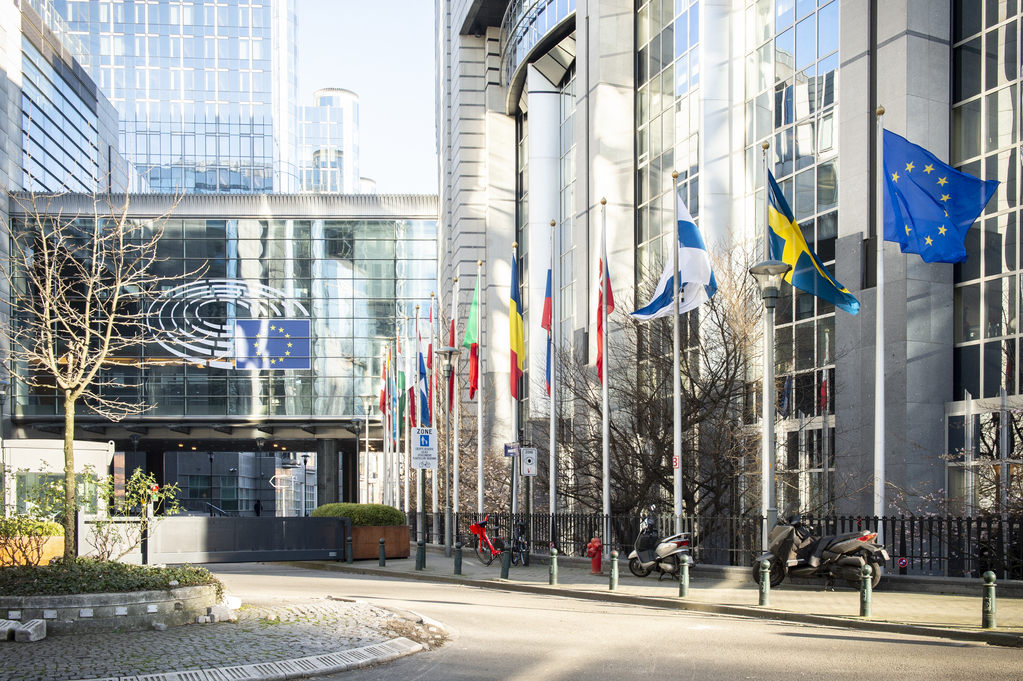Hope for vaccine for large sections of the population early next year/hearing in the relevant committees
The European Parliament wants to avoid complete border closures and above all “stay at home order”. This is clear from a resolution adopted by the Parliament last week by a large majority. According to the MEP and health policy spokesperson of the largest group in the European Parliament (EPP-Christian Democrats), Peter Liese, one of the original draft resolutions also included the issue of stay at home order as an option for the member states. At Liese's insistence, however, this word was removed and replaced by contact ban.
"We are very concerned about the dramatically increasing infection rates in many EU countries, e.g. France and Spain. I am also convinced that without additional measures we will not be able to prevent a major spread of the virus in the coming weeks. We urgently need to have stricter rules for indoor events in many countries. The virus spreads 18 times more indoors than outdoors. I cannot see that the rules for indoor events are 18 times stricter and I am therefore very concerned. However, a general “stay at home order” is counterproductive for exactly this reason. There is no risk just from going outside. Of course, you have to try to avoid crowds of people outdoors too. However, that can be sufficiently regulated by a contact ban. A “stay at home order” is associated with many health problems. Exercise in the fresh air strengthens the immune system and mental illnesses could increase, especially in the autumn and winter months when people do not leave the house," says Liese. MEPs also call for complete border closures like the one in March to be avoided whenever possible.
On Tuesday, a hearing of the Health and Research Committees (ENVI and ITRE) with many experts on vaccines will take place in the EP. Scientists, the European Medicines Agency, Médecins Sans Frontières and industry representatives will discuss the state of play of vaccine research with MEPs. "We have done everything possible in recent months to make a vaccine available in Europe as quickly as possible. The projects are financially supported e.g. by the European Research Framework Programme, the approval procedures have been speeded up without compromising safety and the EU is making financial contributions in advance to ensure that the vaccine can be produced quickly. I therefore expect that we will receive approval for one or more vaccines by the end of the year and that people will be vaccinated in the first quarter of 2021. If my assessment is correct, step by step we can then normalise public life in the spring. Until then, however, we must be very vigilant, especially when people are crowding indoors," Liese concluded.



